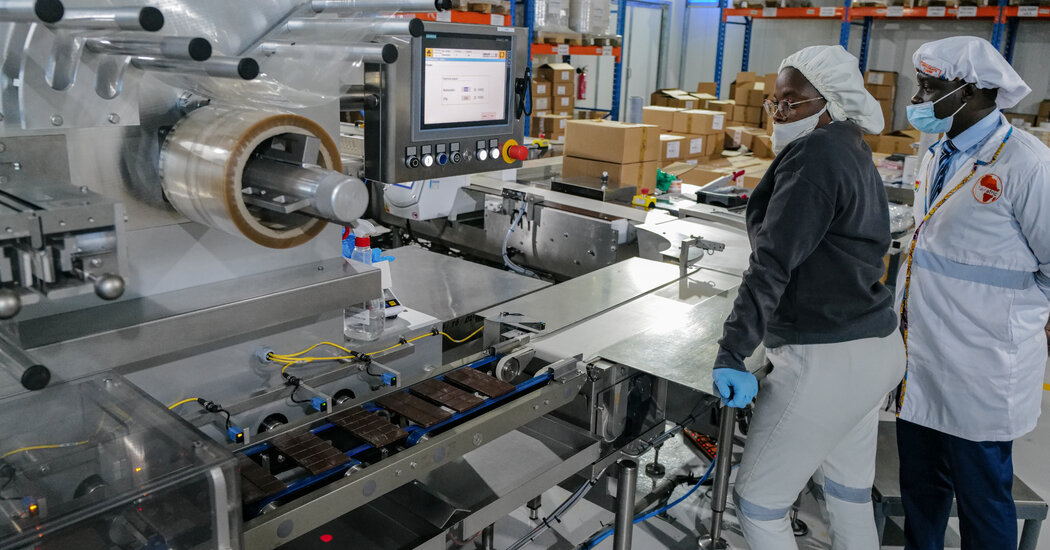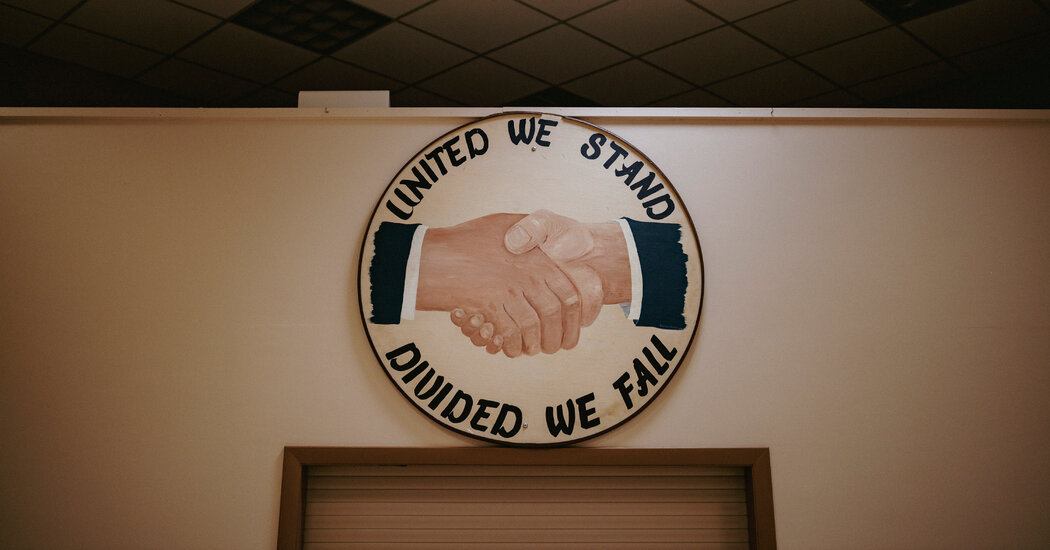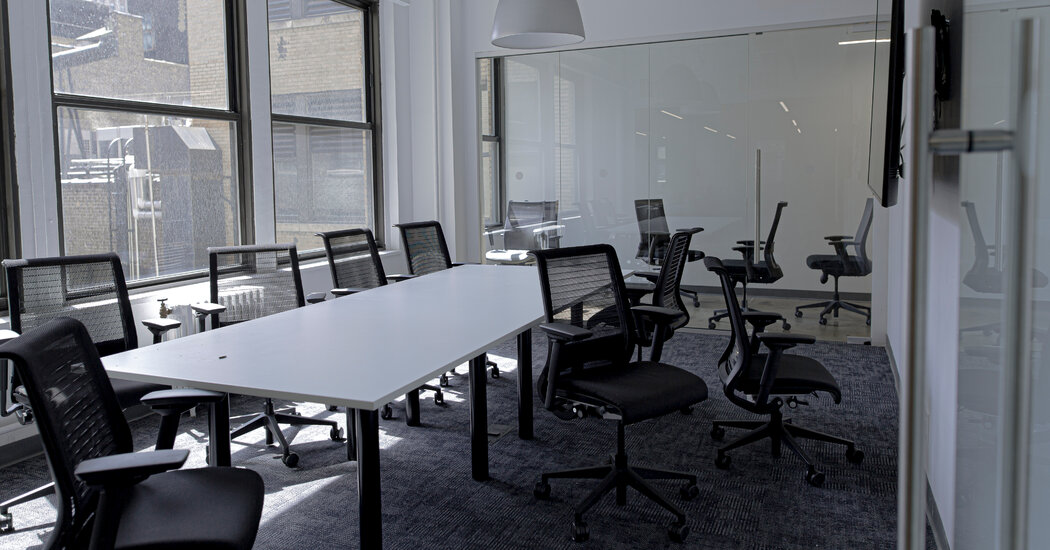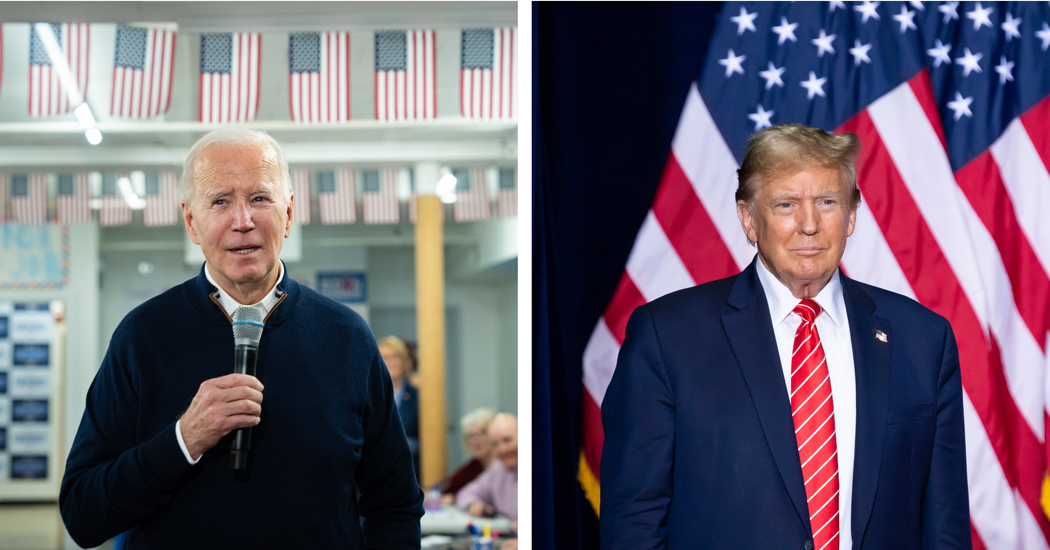
The road from Ghana’s capital city, Accra, to the Fairafric chocolate factory in Amanase is challenging. It starts as a smooth highway but quickly turns into a dirt road with no lanes. Despite the obstacles, Fairafric has managed to build a factory in this West African country. However, Africa as a whole produces only 1% of the chocolate consumed worldwide, despite growing 70% of the world’s cocoa beans. The majority of profits from the chocolate industry go to American and European multinationals. Fairafric aims to change this by manufacturing chocolate in Ghana and creating jobs for the local community.
Dependence on commodities like cocoa can be a double-edged sword for developing countries. While they have a valuable natural resource, relying too heavily on it can impede economic diversification and long-term growth. Ghana is no exception to this pattern, as its economy is not fully diversified. The volatile prices of commodities further contribute to economic instability in these nations.
Building industrial capacity in Ghana is challenging, especially outside of major cities. Reliable infrastructure, skilled workers, and necessary technology and equipment may not be readily available. Additionally, start-ups may struggle to produce enough volume for export to cover expensive shipping costs.
Fairafric has managed to overcome these challenges through its innovative approach. The company is part of the “fairchain movement,” which advocates for the entire chocolate production process to take place in the country that produces the raw materials. By keeping manufacturing in Ghana, Fairafric supports local businesses, builds infrastructure, and aims to distribute profits more equitably among farmers, factory workers, and investors.
Ghana’s economy has faced numerous challenges in recent years, including the impact of the COVID-19 pandemic, rising inflation, and a depreciating currency. These factors have made it difficult for local businesses to secure funding within the country. Fairafric initially relied on crowdfunding and later received a low-interest loan from a German development bank. The company also faced setbacks due to travel restrictions during the pandemic but received critical assistance from the Ghanaian government.
To support local cocoa farmers, both Ghana and Ivory Coast have taken measures to increase the minimum price of cocoa and encourage processing within their borders. Fairafric goes a step further by paying a premium for organically grown beans. The company also ensures that its employees receive above-minimum wages and benefits such as health insurance. They have implemented transportation and canteen facilities to overcome logistical challenges.
Looking to the future, Fairafric plans to expand its operations and raise an additional $1 million. The company recognizes that there is immense potential for wealth generation in the chocolate industry, but to fully benefit, it is necessary to go beyond just selling cocoa beans.
RELATED POSTS
View all


